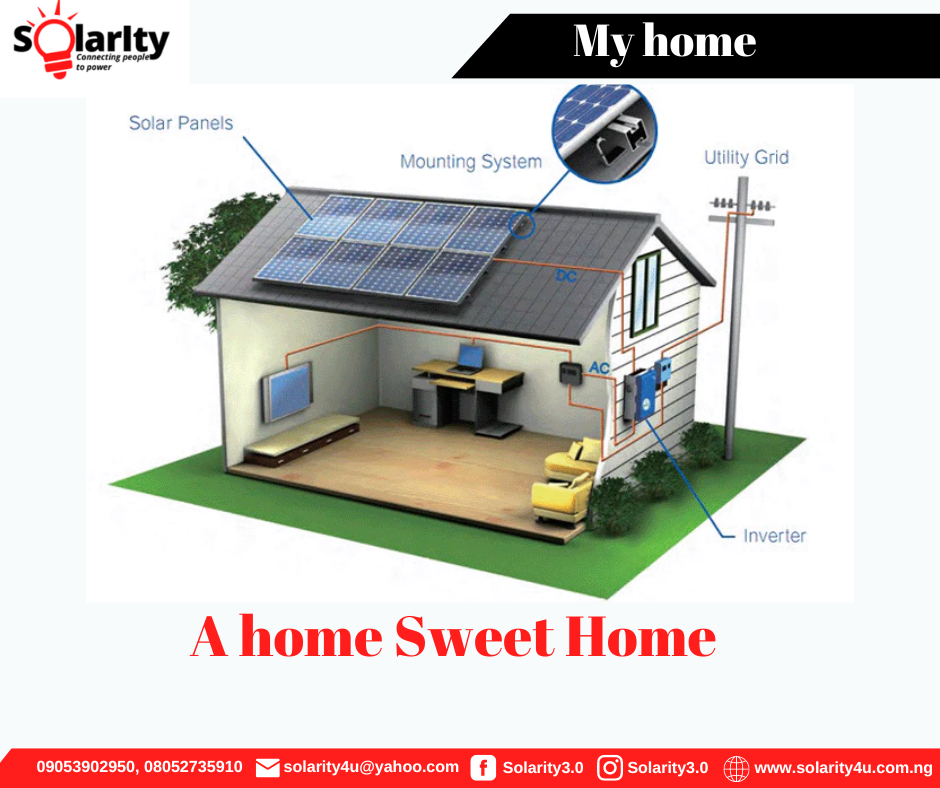
Hybrid solar systems offer a flexible and efficient way to harness solar energy, even if you don’t have a battery storage system. In this article, we will explore what a hybrid solar system without batteries is, how it works, and the advantages it offers.
1: WHAT IS A HYBRID SOLAR SYSTEM WITHOUT BATTERIES?
A hybrid solar system without batteries is a system that combines solar panels with a grid connection and a backup power source, such as a generator. Unlike traditional grid-tied solar systems, which rely solely on the grid for electricity supply, hybrid systems without batteries allow you to utilize solar energy while still having access to grid power and backup power during outages.
2: HOW DOES A HYBRID SOLAR SYSTEM WITHOUT BATTERIES WORK?
A hybrid solar system without batteries works by capturing sunlight through solar panels and converting it into electricity. The electricity generated is used to power your home or building in real-time. If the solar system produces more energy than your immediate needs, the excess is fed back into the grid, effectively reducing your electricity bill. During periods of low sunlight or high electricity demand, the system automatically draws power from the grid or the backup power source, such as a generator, to meet your energy requirements.
ADVANTAGES OF HYBRID SOLAR SYSTEMS WITHOUT BATTERIES
There are several advantages to using a hybrid solar system without batteries:
- Cost Savings: By utilizing solar energy and reducing your dependence on grid power during daylight hours, you can significantly lower your electricity bills and potentially save money over time.
- Environmental Benefits: Hybrid solar systems without batteries reduce reliance on fossil fuel-generated electricity, leading to lower greenhouse gas emissions and a cleaner, more sustainable environment.
- Backup Power: With a backup power source, such as a generator, you can ensure a continuous power supply during grid outages or periods of low sunlight.
- Grid Flexibility: Hybrid systems without batteries allow you to tap into grid power when needed, providing additional flexibility and reliability.
CONCLUSION: In conclusion, hybrid solar systems without batteries offer a cost-effective and efficient way to harness solar energy while still having access to grid power and backup power during outages. By utilizing solar energy and a backup power source, you can reduce your electricity bills, lower your environmental impact, and ensure a continuous power supply. Hybrid solar systems without batteries are a great choice for those who want to benefit from solar energy without the need for battery storage. Thank you for reading, and we hope you found this information helpful.
The future of battery inverters technology
Battery inverter technology is likely to continue evolving in several directions to meet the growing demand for energy storage solutions and to enhance their efficiency, reliability, and flexibility. Here are some potential developments: Higher Efficiency: One of the primary goals of battery inverter technology is to improve efficiency. This involves
What are the Key Considerations for Choosing a Solar Inverter?
When selecting a solar inverter for your home, there are several factors to consider: Size and Capacity Ensure the inverter you choose can handle the energy output of your solar panels. An undersized inverter will bottleneck your system’s performance, while an oversized one may not be cost-effective. Efficiency Ratings Look
What is a charge controller?
A solar inverter charge controller is another critical component in a solar power system. It regulates the voltage and current coming from the solar panels to ensure that batteries are charged safely and efficiently. Why You Need a Charge Controller Batteries have specific charging requirements, and without proper regulation, you
How Solar Inverters Work in Homes
Harnessing the sun’s power for electricity isn’t just about mounting solar panels on your roof and calling it a day. There’s a critical component in the mix that often doesn’t get as much limelight but plays a pivotal role in your home solar system—the solar inverter. Understanding how solar inverters
Understanding the Basics of Solar Inverters
Harnessing the power of the sun through solar panels is becoming increasingly popular as the world moves towards sustainable energy sources. But the electricity generated by solar panels isn’t immediately ready to power your home. This is where solar inverters come into play, playing a crucial role in any solar
